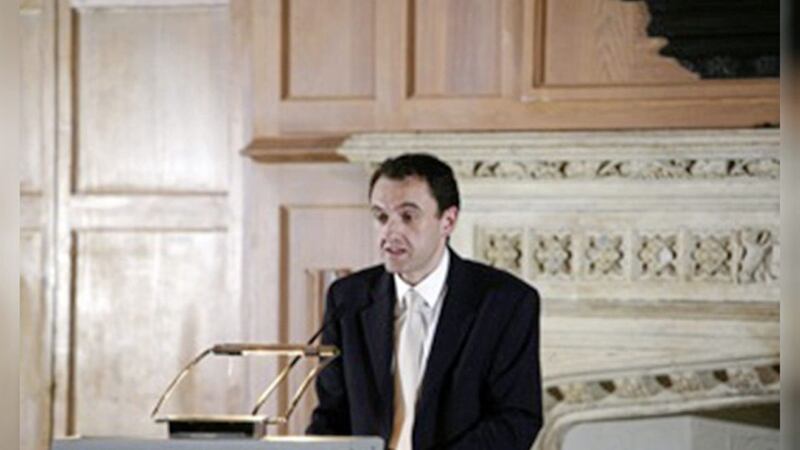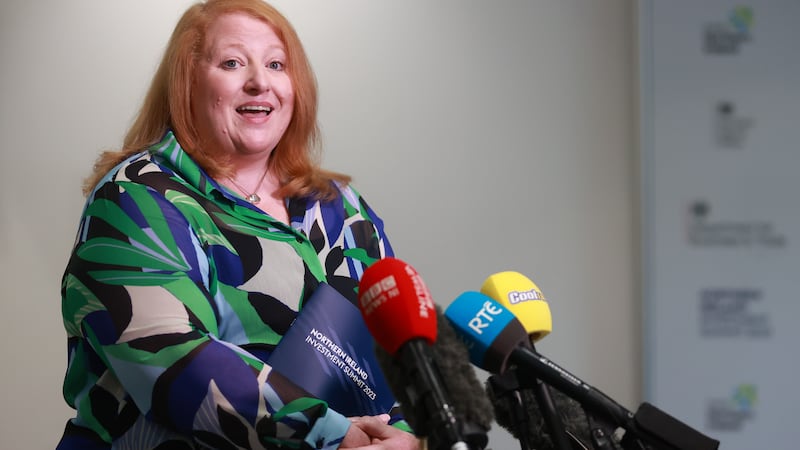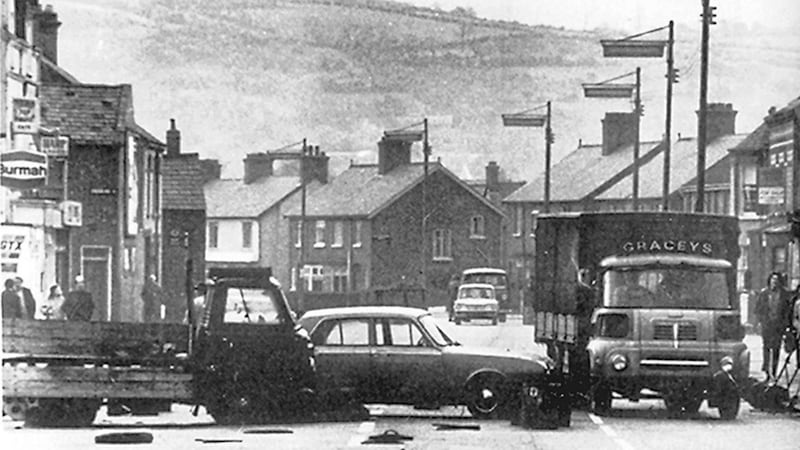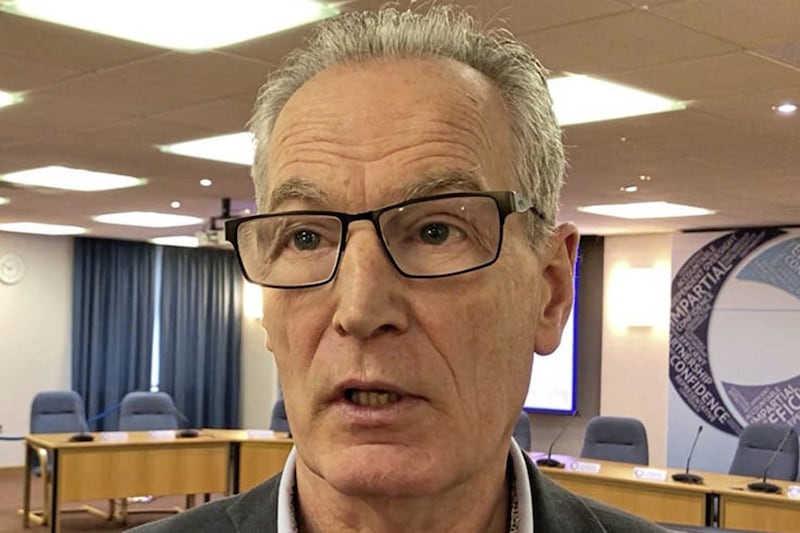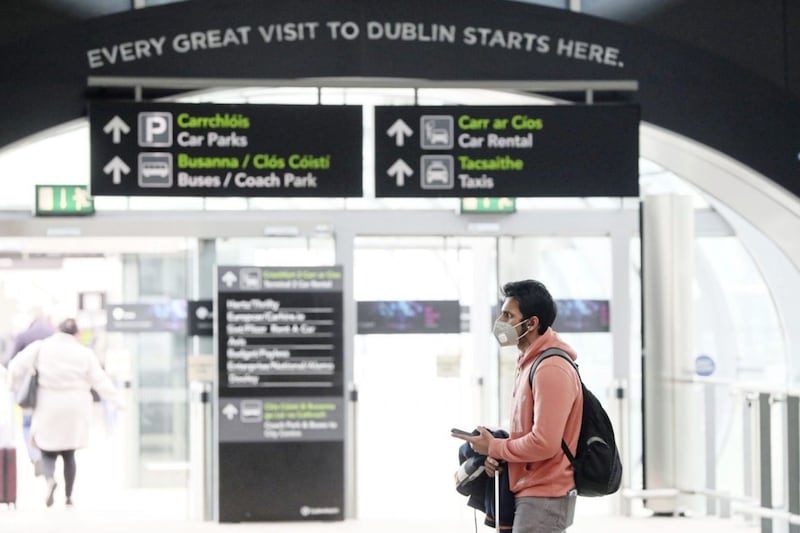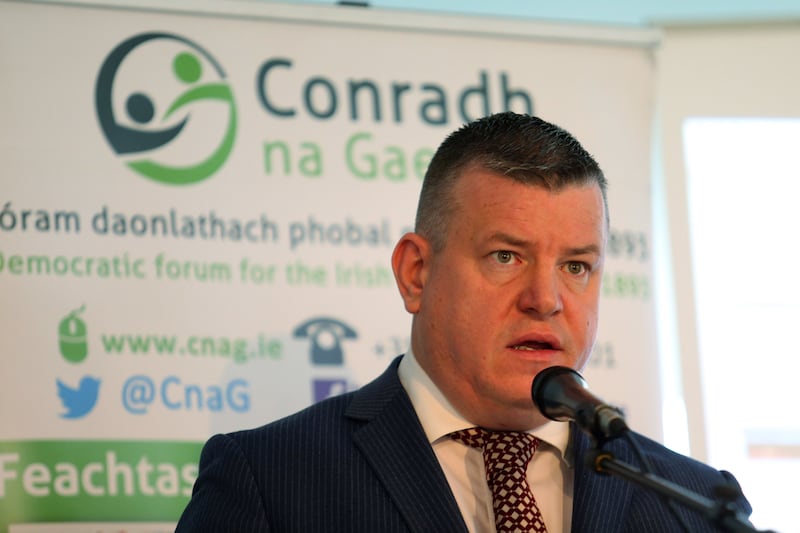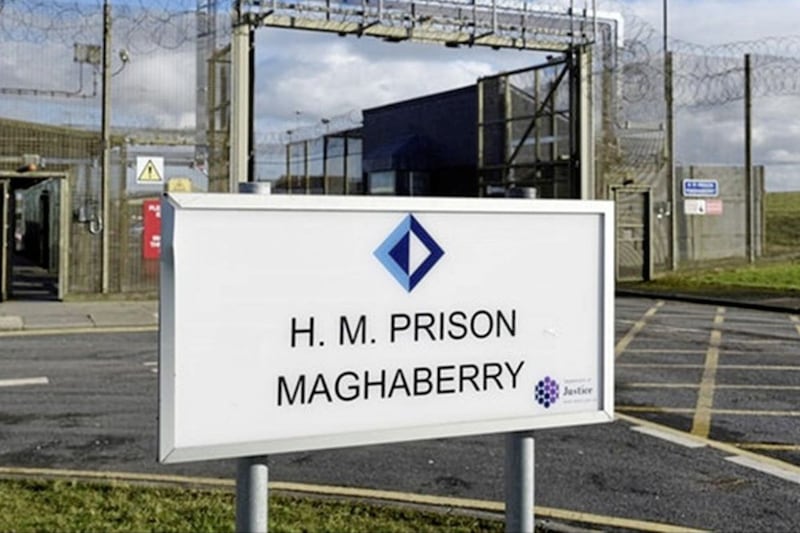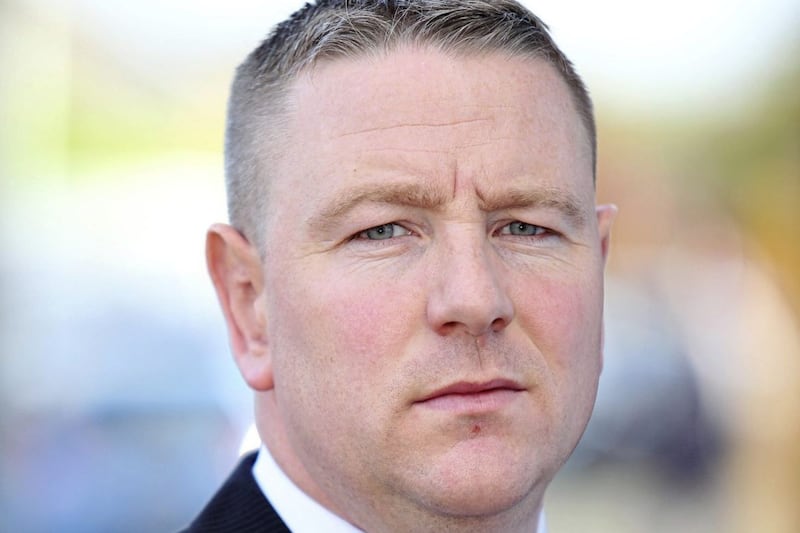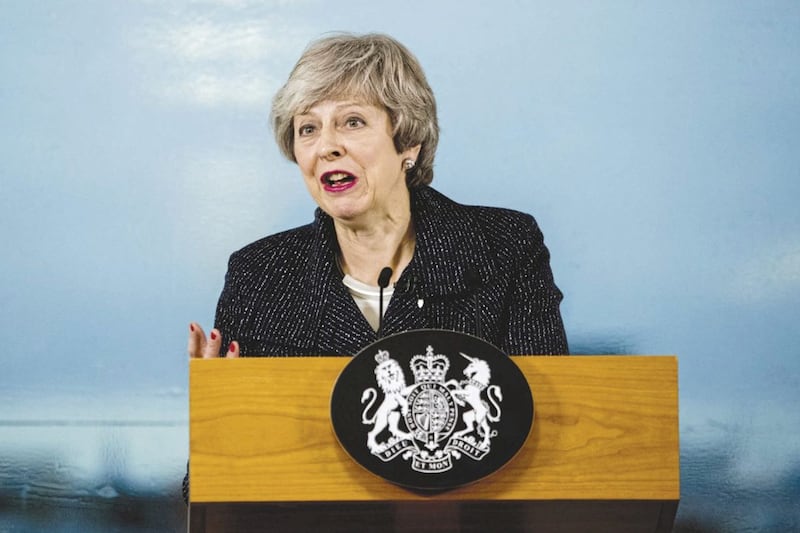British government plans to clampdown on the publication of some political images could undermine freedom of expression guarantees, it has been claimed.
Concerns have been raised about the Counter-Terrorism and Border Security Bill, which is currently making its way through Westminster.
The Irish News revealed last week how the planned legislation will result in the establishment of a mile-wide ‘stop and search border zone'.
If the bill becomes law any member of the public could be stopped within a mile of the border to establish if they are entering or leaving the north.
The new proposals have already passed committee stage at Westminster and some observers believe could be law by Christmas - just months before Brexit is due to kick in.
The bill also proposes to outlaw clothing and images associated with paramilitary activity.
The planned legislation says that a person could commit an offence if they publish an item of clothing or any other article in such circumstances as to arouse “reasonable suspicion that the person is a member or supporter of a proscribed organisation”.
The proposed legislation adds that “an image is a reference to a still or moving image (produced by any means)”.
Concerns have been raised about the scope of the planned legislation.
Professor of human rights law at Queen’s university Colin Harvey said the planned legislation raises concerns.
“This is another example of the wide-ranging nature of the provisions in this deeply problematic bill,” he said.
“There is a risk that the broad scope of this new offence will have a chilling effect and further undermine guarantees on freedom of expression.
“Although notionally targeted at a member or supporter of a proscribed organisation the offence is of such breadth as to raise legitimate human rights concerns about its scope and potential application.”
It remains unclear how any future law could impact on media organisations.
Irish secretary of the National Union of Journalists Seamus Dooley last night said it intends to examine the proposals.
“I think we would be concerned and would be concerned about the breadth of it,” he said.
There are currently 14 republican and loyalist organisations proscribed by the British government.
Several of the groups, including the main republican and loyalist organisations, are on long-term ceasefire.
Others such as Cumann na mBan remain relatively inactive.
Deputy director of the Committee on the Administration of Justice Daniel Holder said the bill “is another bit of wide ranging knee-jerk legislation that has not been thought through and would quickly overfill our prisons if fully implemented”.
“Under this someone uploading a photo of themselves next to a Cuman na mBan mural could go to jail, as that organisation is among the 14 groups here that are still proscribed, regardless of whether they are still active,” he said.
“The threshold for this offence is very low – all that has to be proved is ‘reasonable suspicion’ that a person ‘supports’ a proscribed organisation - this is the usual threshold to arrest and question someone not to convict them.”
